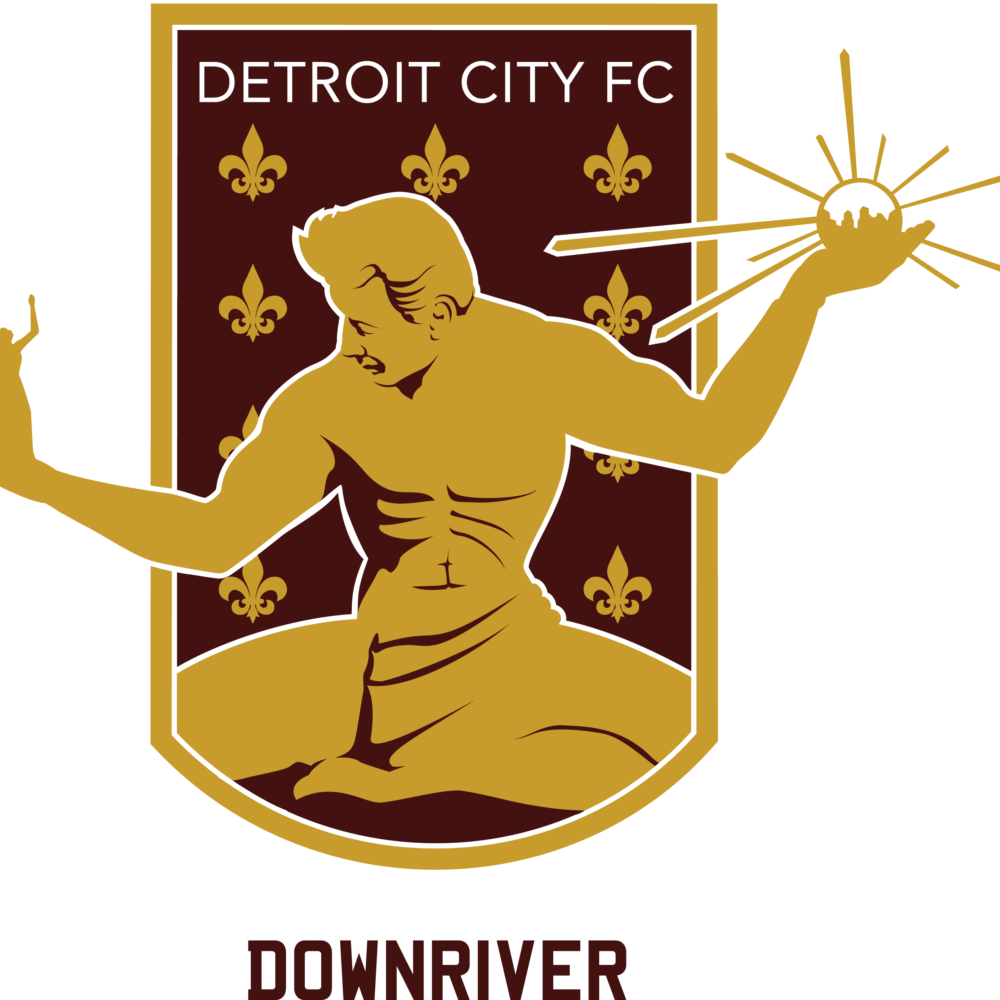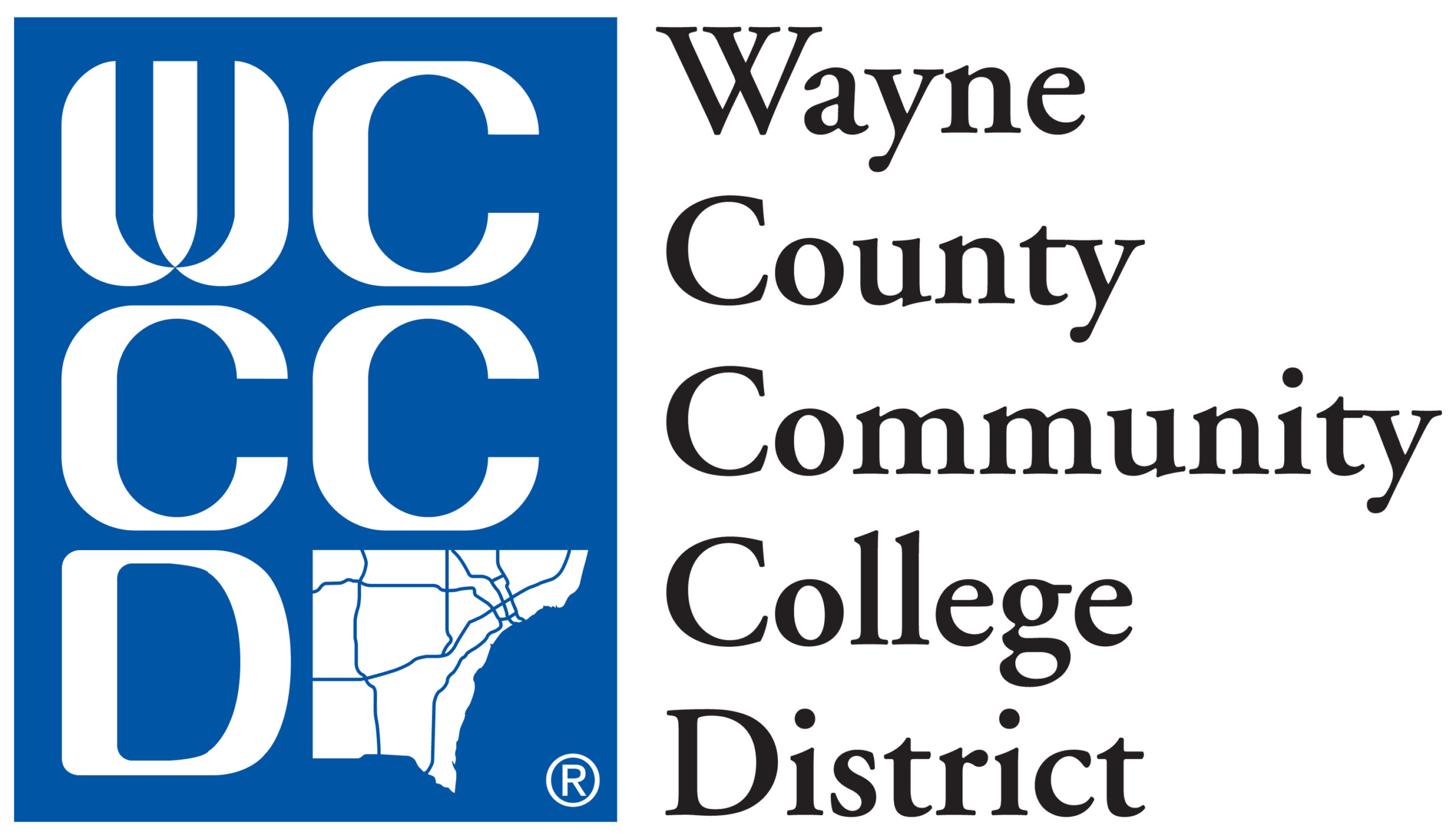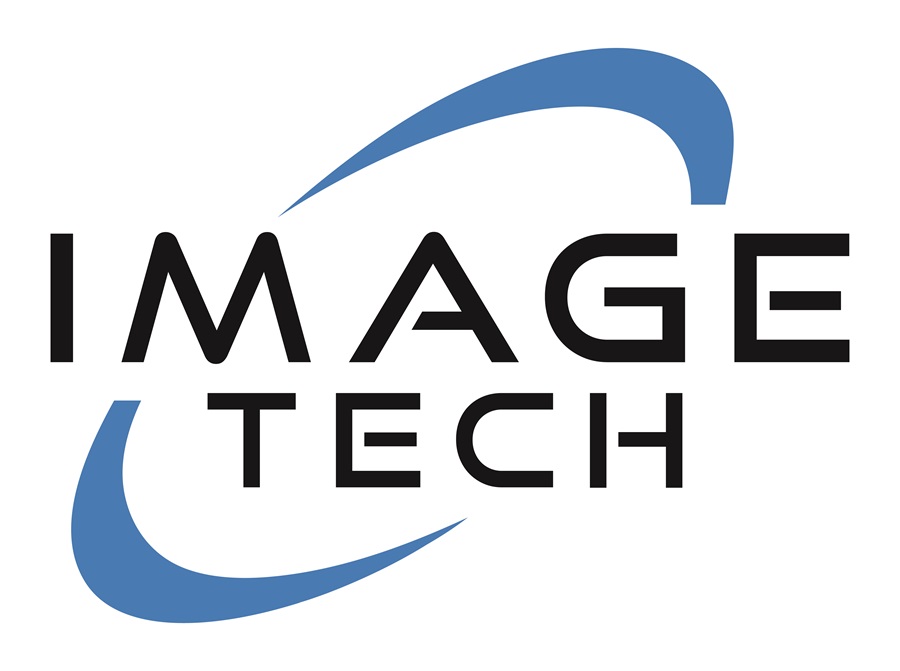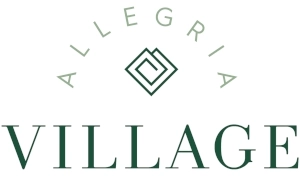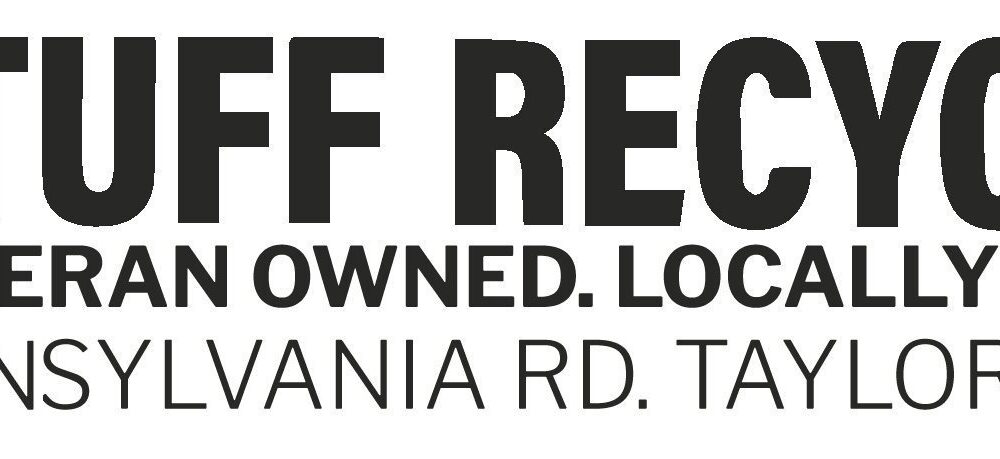Balancing Act: Chambers of Commerce & Turkey’s Online Betting Boom – Challenges & Opportunities
Turkey’s online betting industry is experiencing explosive growth, reshaping the economic and regulatory landscape. With this surge comes both opportunity and challenge, as businesses and policymakers strive to strike a balance between innovation and compliance. It’s a dynamic environment where traditional structures must adapt to modern demands.
Chambers of Commerce play a pivotal role in this transformation. As advocates for local businesses, they’re tasked with navigating the complexities of this booming sector while fostering sustainable economic growth. Just as business workshops provide valuable insights and networking opportunities, the strategic approach of these organizations could define the future of Turkey’s digital economy.
Understanding the Online Betting Boom in Turkey
Turkey’s online betting market is expanding rapidly, driven by technological advances and increased digital engagement. This growth reshapes business dynamics and presents unique opportunities and challenges. In this evolving industry, Bahisbey stands out by offering a secure, innovative, and user-centric platform, adapting to market demands while promoting responsible gaming.
Growth and Trends in the Industry
Online betting revenue in Turkey has risen dramatically. According to Statista, global online gambling’s predicted market size of $114.4 billion in 2028 reflects rapid adoption in regions like Turkey. Mobile gambling apps, live sports betting, and virtual games drive user participation. Payment platforms like Papara and cryptocurrency add convenience, increasing accessibility to these services.
Challenges Posed by the Online Betting Surge
The rise in online betting highlights serious issues. Unauthorized betting platforms harm regulated businesses, affecting local economic contributions. Cybersecurity risks, like data breaches, impact consumer trust, and compliance gaps challenge governmental control. Chambers of Commerce face pressure to protect local companies while addressing these hurdles.
Economic and Regulatory Pressures
Online betting impacts taxation, employment, and local business revenues. Tax evasion by illegal websites reduces public sector funding, creating disparities. The government imposes penalties and enforces stricter regulations on licensed operators. Chambers of Commerce advocate for balanced policies that encourage growth without compromising legal integrity.
| Key Trends & Challenges in Online Betting | Examples |
|---|---|
| Mobile Accessibility | Increased use of betting apps |
| Legal Compliance Challenges | Impact of unlicensed operators |
| Emerging Payment Methods | Cryptocurrency and e-wallets |
The online betting boom reshapes Turkey’s economic and digital landscapes. Local businesses and policymakers must address this sector’s rapid evolution to sustain balanced growth.
The Role of Chambers of Commerce
Chambers of Commerce play a critical role in supporting businesses as they navigate Turkey’s booming online betting industry. Their efforts focus on advocacy, support, and fostering collaboration.
Advocating for Regulatory Frameworks
Chambers of Commerce advocate for balanced regulations to ensure fair competition. By engaging government entities, they promote policies that discourage illegal betting platforms while supporting licensed operators.
Supporting Local Businesses Amid Challenges
We work to protect local businesses affected by rising competition and operational risks. Providing resources, such as educational programs and market insights, helps members adapt to changing industry dynamics.
Promoting Collaboration and Innovation
Chambers encourage cooperation between stakeholders. Building partnerships between tech firms, payment providers, and gaming operators drives innovation while addressing cybersecurity concerns and enhancing user trust.
| Focus Area | Specific Actions | Impact |
|---|---|---|
| Regulatory Advocacy | Policy recommendations to the government | Mitigates illegal platforms |
| Local Business Support | Training on market trends and compliance | Boosts resilience to challenges |
| Stakeholder Collaboration | Connecting businesses across industries | Encourages innovation and trust |
Chambers of Commerce position themselves at the center of the industry’s challenges and opportunities, fostering sustainable growth in Turkey’s online betting sector. For details on the global digital economy, see Statista.
Balancing Economic Opportunities with Social Responsibility
Turkey’s online betting boom opens significant economic prospects while raising ethical challenges. Chambers of Commerce play a critical role in navigating this duality to foster sustainable growth.
Economic Impacts of the Online Betting Boom
The rise of online betting has grown Turkey’s digital economy, creating jobs and increasing government revenue through taxation. According to Statista, the global online gaming industry saw a growth rate of 9.2% in 2022. This growth extends to sectors like technology, payment systems, and marketing, offering opportunities for businesses to flourish under regulation.
| Key Areas | Impact Examples |
|---|---|
| Job Creation | Gaming developers’ and fintech positions |
| Tax Revenue Growth | Higher collection from licensed operators |
| Tech Innovation | Crypto-based platforms and VR adoption |
Regulated operators provide long-term benefits through partnerships with local companies and investment in tech infrastructure.
Addressing Ethical and Social Concerns
Balancing economic gains in the betting sector involves mitigating risks tied to illegal platforms, gambling addiction, and cybersecurity threats. Chambers of Commerce encourage ethical practices by promoting awareness programs and ensuring collaboration with advocacy groups. Responsible gambling initiatives, such as self-exclusion tools and education campaigns (source: GambleAware), reduce potential harm.
Our focus remains on enhancing regulatory frameworks to ensure player protection and equip businesses with compliance tools. By fostering cooperation between authorities and industry stakeholders, we aim for transparency, limiting social risks while supporting growth.
Strategies Adopted by Chambers of Commerce
Chambers of Commerce in Turkey are implementing targeted strategies to support businesses navigating the online betting boom. These strategies focus on collaboration, education, and innovation.
Collaboration with Stakeholders
We foster partnerships between gaming companies, payment providers, and regulators to encourage fair competition and innovation. Integrating technology firms helps improve security and payment solutions.
Promoting Awareness and Education
We conduct workshops and campaigns to educate businesses on compliance and gambling responsibility. Tailored programs support local operators in aligning with government regulations.
Strengthening Regulatory Advocacy
Chambers work closely with policymakers to shape balanced regulations. Initiatives aim to limit illegal operators while supporting economic growth through transparent licensing systems.
| Initiative | Purpose | Outcome |
|---|---|---|
| Stakeholder Collaboration | Build industry partnerships | Drive innovation, improve security, and user trust |
| Advocacy Efforts | Promote balanced regulations | Ensure fair competition and discourage illegal betting |
| Educational Programs | Educate businesses on legal compliance | Foster responsible practices among operators |
Supporting Technological Integration
By promoting cryptocurrency and blockchain technologies, we enable modern payment systems. These tools enhance transactions’ security and user satisfaction in betting platforms.
Promoting Responsible Gambling
Chambers actively back responsible gambling initiatives. Partnering with regulatory bodies ensures effective measures to combat addiction and ensure sustainable industry practices.
For more perspective on global online betting regulations, resources like the International Betting Integrity Association provide additional insights.
Future Prospects and Considerations
The online betting boom in Turkey demands a proactive approach to regulatory adaptation and market engagement. Chambers of Commerce continue playing a pivotal role in shaping sustainable industry progress.
Anticipating Regulatory Changes
Regulatory updates are crucial as online betting expands. Policymakers aim to counteract illegal operators while enabling innovation. Chambers must advocate for fair frameworks that safeguard compliant businesses.
Strengthening the Role of Chambers in Dynamic Markets
Dynamic market shifts require Chambers to foster partnerships and provide business insights. Enhanced collaboration between tech firms, gaming operators, and legal entities ensures innovation and trust within the sector.
Economic Potential and Ethical Responsibility
The sector supports economic growth with job creation and a broader tax base. We promote ethical gambling, addressing addiction risks and ensuring transparent, fair practices for all participants.
| Growth Metric | Value (Estimated) | Timeframe |
|---|---|---|
| Online Betting Market Size | $114.4 Billion | By 2028 |
| Mobile Gambling Growth | 67% Usage Increase | 2020–2028 |
| Licensed Operator Revenue | Up by 23% | 2023 Onwards |
Promoting Technological Integration
Integrating blockchain improves transaction security and fosters user confidence. Education initiatives on cryptocurrency and safer gaming practices further position businesses for success in digital markets.
For additional insights, consult the Turkish Statistical Institute on market economies and the EGBA’s latest industry reports.
Conclusion
The online betting boom in Turkey presents both immense opportunities and complex challenges for businesses and policymakers. As this dynamic sector evolves, Chambers of Commerce stand at the forefront, balancing innovation with regulation to ensure sustainable growth.
By fostering collaboration, advocating for fair policies, and promoting responsible practices, they play a crucial role in shaping a secure and thriving industry. With proactive strategies and a commitment to ethical progress, we can navigate this digital transformation while protecting economic and social interests.






































